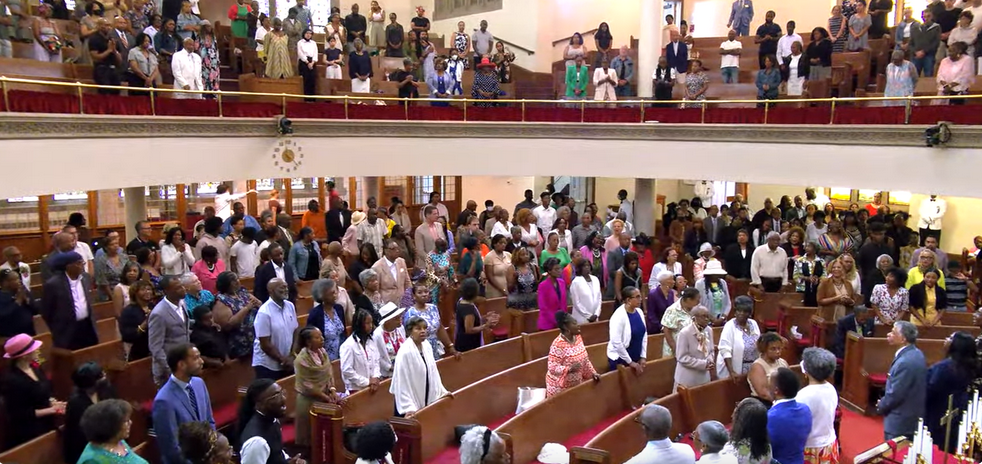Gov. Cuomo
Statement by Gov. Andrew Cuomo
No one who works full-time should be condemned to a life of poverty. In New York, we believe in a fair day’s pay for a fair day’s work, and that’s why we started the Mario Cuomo Campaign for Economic Justice to pass the country’s first $15 minimum wage law earlier this year.
As 2017 begins, the first minimum wage increase has officially gone into effect, providing the opportunity of a decent life to more than 2 million hard-working New Yorkers who will now see an increase in their wages. I encourage any worker who does not receive a raise to call the Department of Labor Hotline (1-888-4-NYSDOL) to ensure that they are paid the wages they are due.
New York’s minimum wage law is showing the way forward on economic justice, and setting an example for the rest of the nation to follow.
$15 Minimum Wage Phase-in:
The $15 minimum wage legislation was passed as part of the 2016-17 state budget, and marks a major accomplishment in the Governor’s efforts to restore economic justice and fairness to working families in New York State. The phase-in schedule on a regional basis is as follows:
· For workers in New York City employed by large businesses (those with at least 11 employees), the minimum wage will rise to $11 at the end of 2016, then another $2 each year after, reaching $15 on 12/31/2018.
· For workers in New York City employed by small businesses (those with 10 employees or fewer), the minimum wage will rise to $10.50 by the end of 2016, then another $1.50 each year after, reaching $15 on 12/31/2019.
· For workers in Nassau, Suffolk and Westchester Counties, the minimum wage will increase to $10 at the end of 2016, then $1 each year after, reaching $15 on 12/31/2021.
· For workers in the rest of the state, the minimum wage will increase to $9.70 at the end of 2016, then another .70 each year after until reaching $12.50 on 12/31/2020 – after which the minimum wage will continue to increase to $15 on an indexed schedule to be set by the Director of the Division of Budget in consultation with the Department of Labor.






